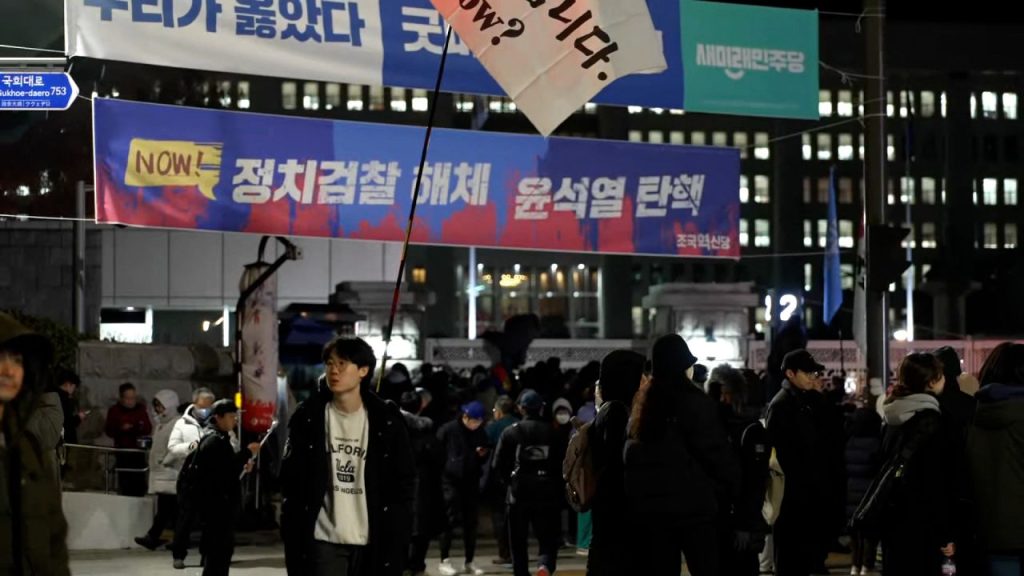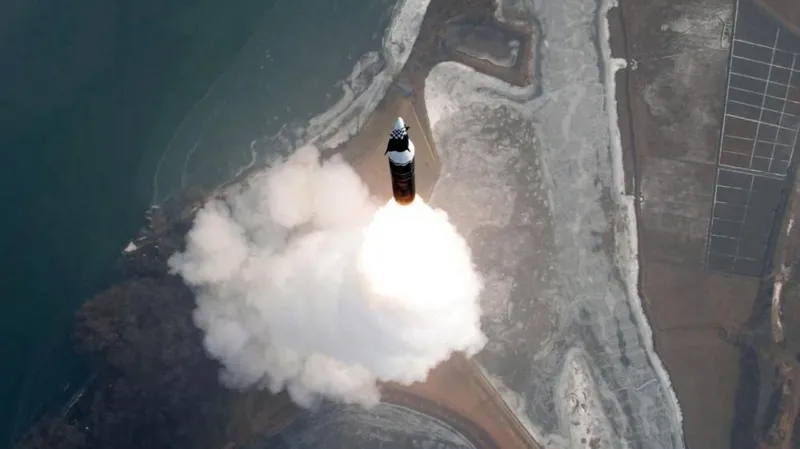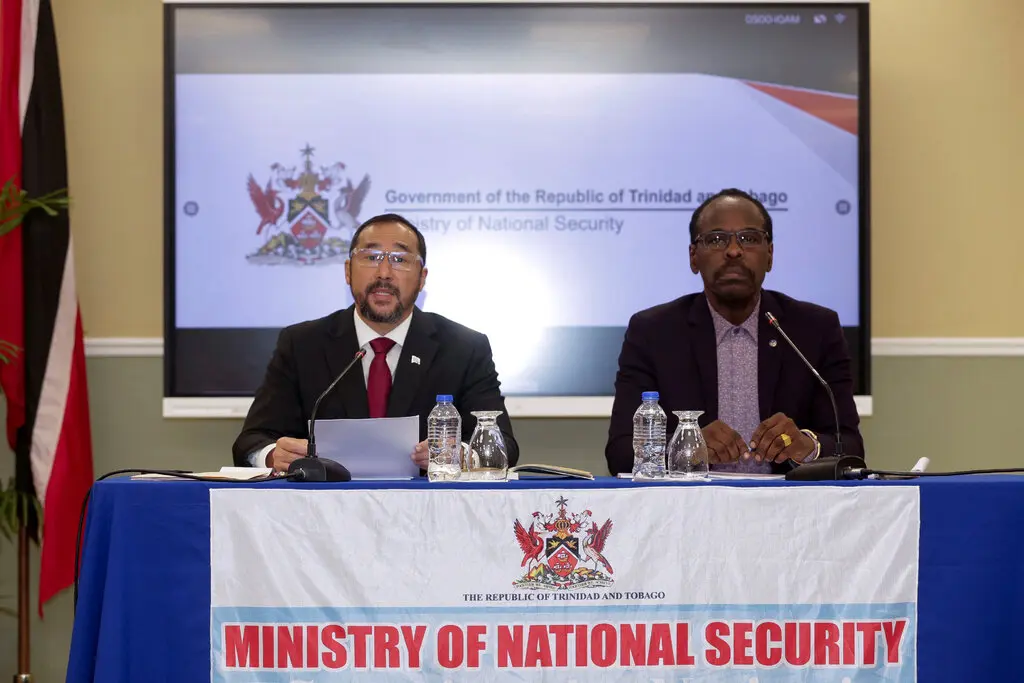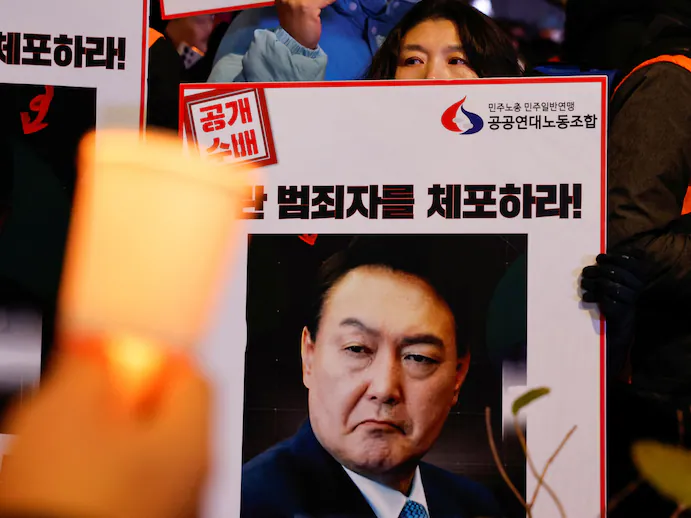What has happened in South Korea and what does martial law have to do with it?

South Korea’s experience with martial law stems from its turbulent history following the Korean War (1950–1953). The country underwent periods of military rule, particularly during the leadership of Park Chung-hee (1961-1979), who came to power through a military coup. Park declared martial law in 1961, just after he seized power, suspending civil liberties, shutting down the National Assembly, and taking control of the government.
One of the most significant episodes involving martial law occurred in 1980, during the Gwangju Uprising. The uprising was a pro-democracy protest in Gwangju, which escalated into a violent confrontation between military forces and civilians. The then-South Korean president, Chun Doo-hwan, declared martial law, sending in the military to suppress the protests. The government’s response led to the deaths of hundreds of civilians and remains a pivotal moment in the country’s history. In the aftermath, South Korea faced widespread criticism for its use of force and the continued martial law restrictions.
Recent Developments:
As of recent news, there is no indication that South Korea has declared martial law. However, the country has faced significant political and social challenges that may lead to discussions around military interventions or stronger security measures. These challenges include:
- Ongoing Tensions with North Korea: Military tensions with North Korea continue to be a major concern. The two countries have a long history of conflict, and there are occasional flare-ups of military activity, such as missile tests and border skirmishes. Although South Korea’s government has not resorted to martial law, it has maintained a strong military presence and readiness in response to these provocations.
- Protests and Civil Unrest: South Korea has experienced protests, especially regarding political issues, corruption scandals, and economic policies. Although these protests are typically peaceful, they occasionally lead to clashes with law enforcement. Martial law has not been used recently to control these demonstrations, as the country has a robust legal framework that allows the government to maintain order without resorting to military control.
- Political Instability: South Korea has also seen political instability in the form of corruption scandals involving high-ranking officials. These scandals often lead to public outcry, and the government may implement strict measures to maintain public order. However, martial law is not a typical response in modern South Korea due to the country’s strong democratic institutions and legal systems.
Martial Law and South Korea’s Legal Framework:
South Korea’s constitution, which was adopted in 1948, has specific provisions for the declaration of martial law. Article 76 of the constitution allows the president to declare martial law in times of war or when the security of the country is threatened by internal or external factors. However, martial law in South Korea has strict limitations, and its use is typically seen as a last resort. Over time, South Korea has shifted towards democratic governance, and the idea of military rule has become increasingly unpopular.
In the current era, South Korea operates as a democracy with a well-established rule of law. The use of martial law, especially following the country’s democratic transition in the late 1980s, is generally seen as an extreme measure that would not be implemented unless necessary.
Martial law is a significant historical aspect of South Korea’s past, particularly during times of military rule and political unrest. However, in the current context, South Korea operates as a stable democracy where martial law has not been declared in recent years. While the country does face security threats and political challenges, martial law is not a typical response in modern-day South Korea due to the country’s commitment to democracy and the rule of law.






